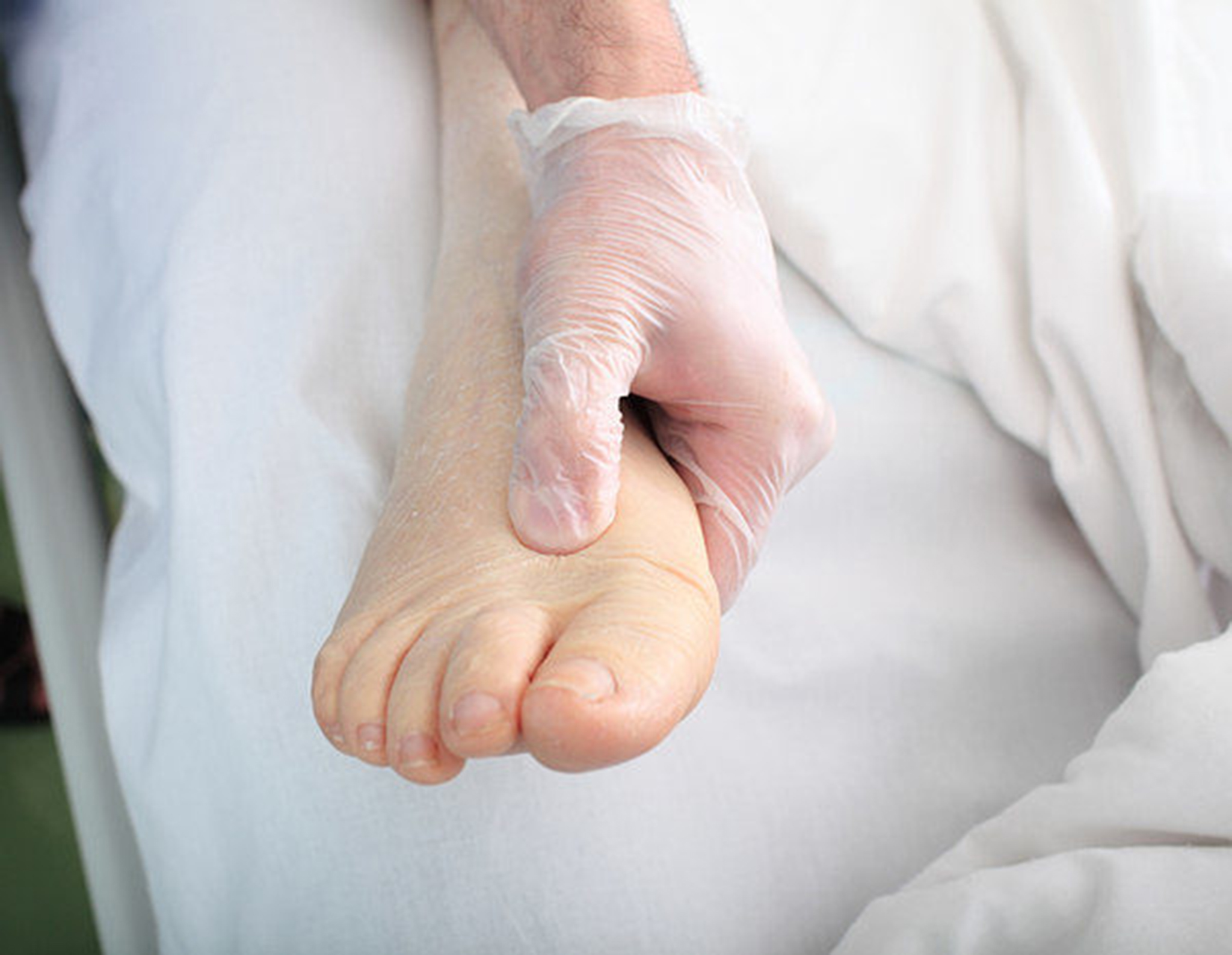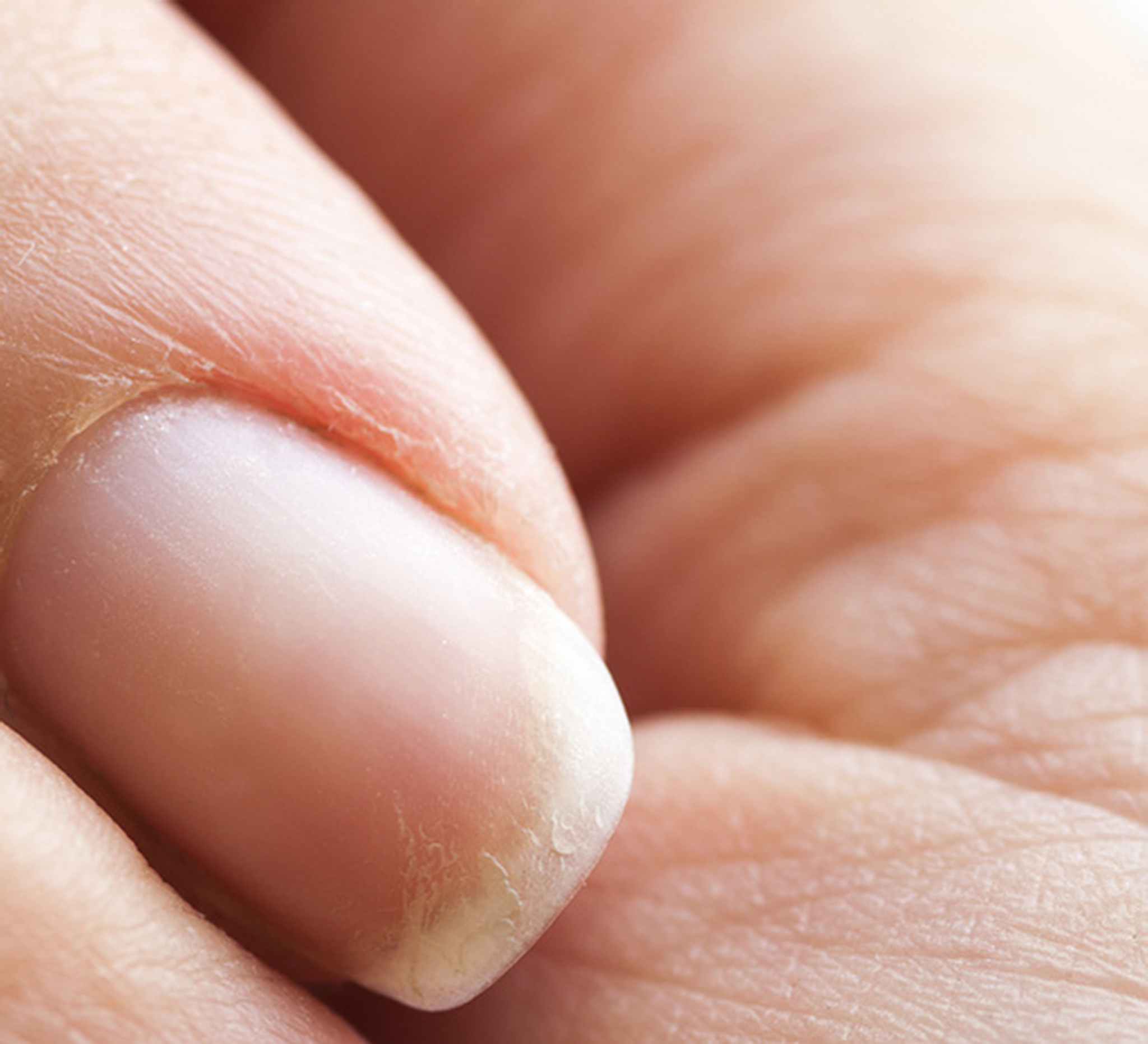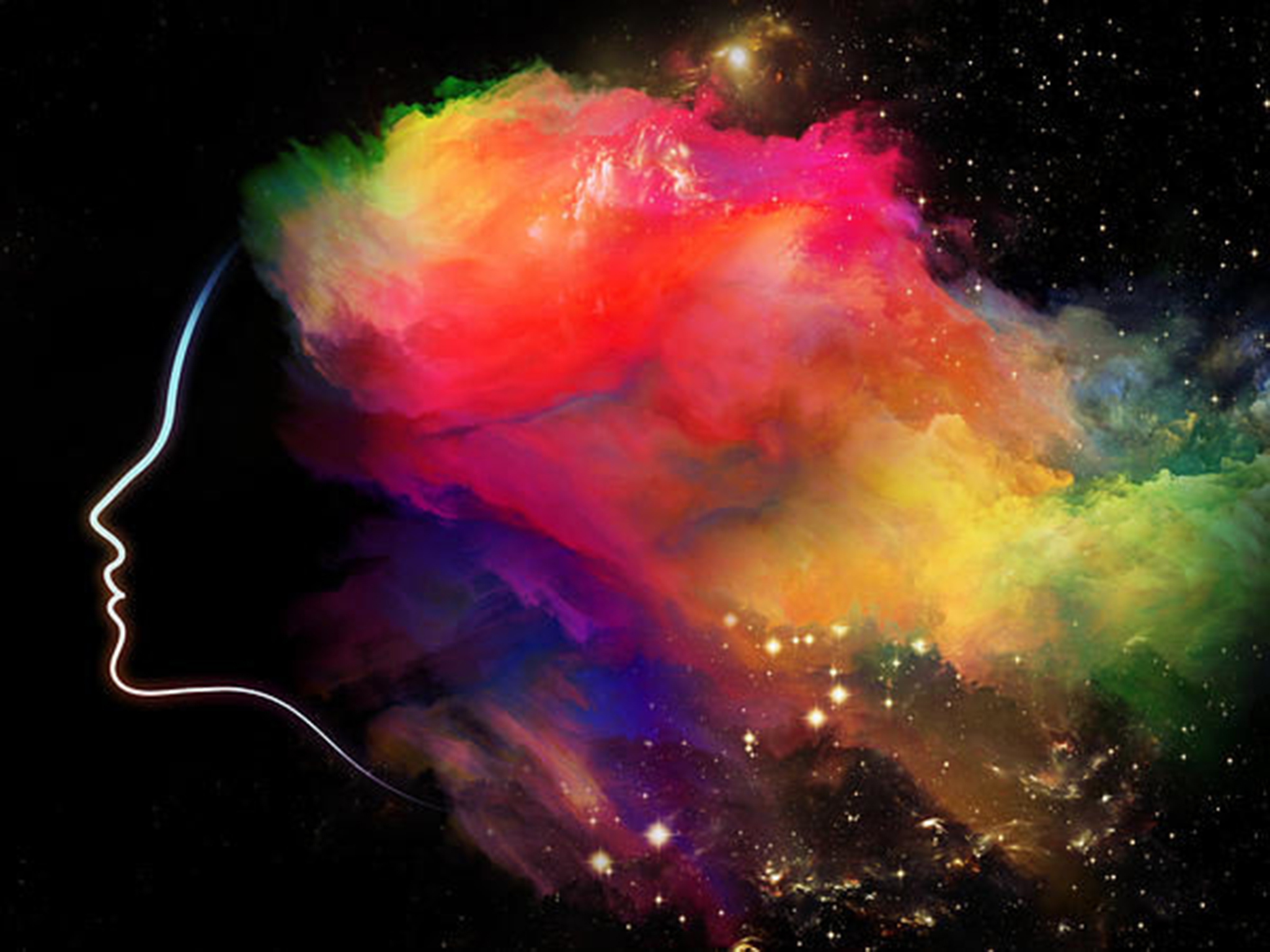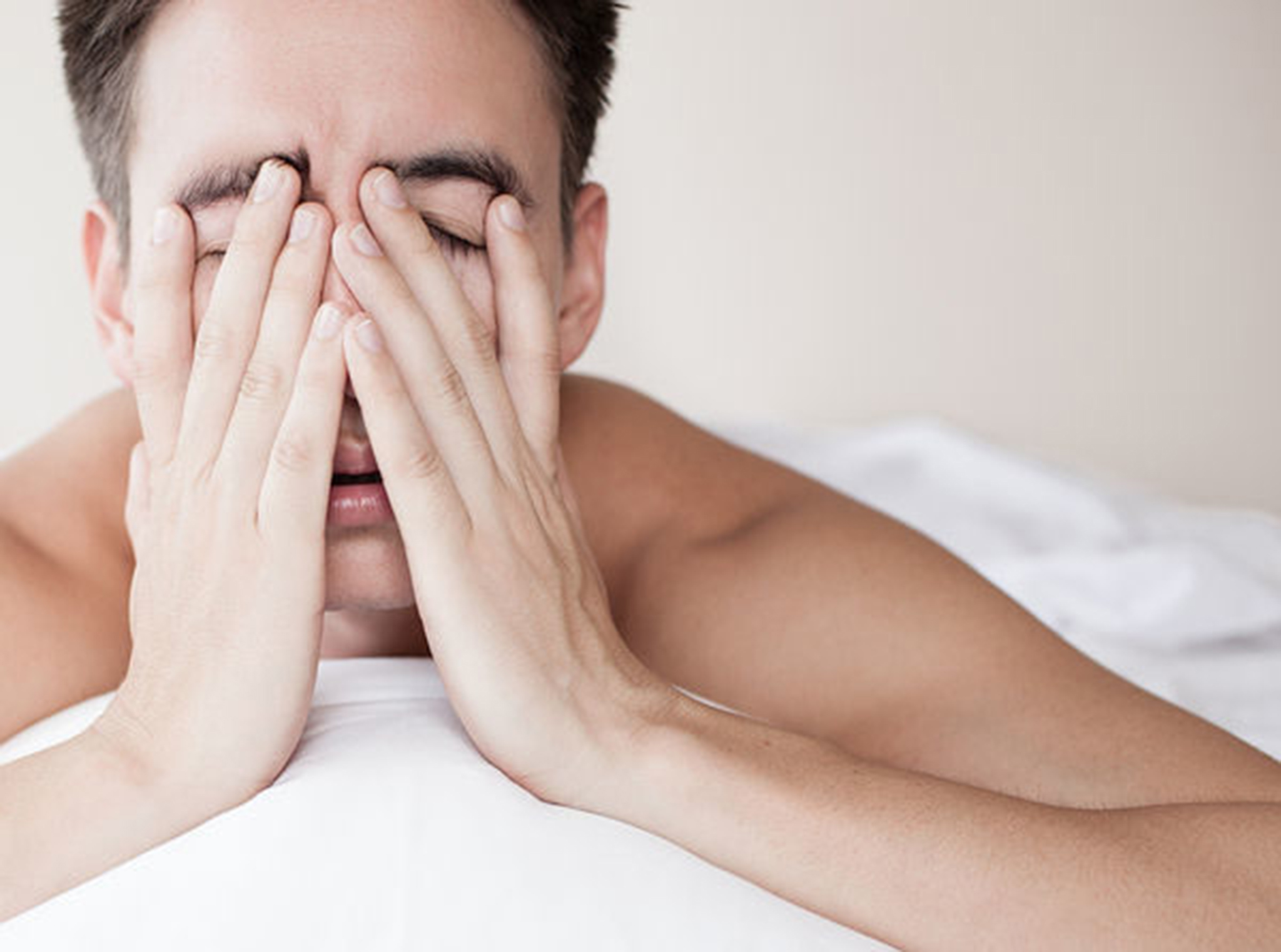 Unexpected muscle feebleness or pain can be a warning sign that your diet doesn’t include the recommended amount of protein. Did you know that proteins are considered to fuel your muscles? If you don’t take sufficient amount of protein, then it can become a matter of concern for you in growing age. As per the estimates, men may experience a natural loss of muscle mass due to growing age and are expected to lose even more muscle provided they aren’t eating enough protein on a daily basis.
Additionally, protein plays a vital role in how your body absorbs other key nutrients, such as iron and calcium which are significant for overall muscle and joint strength.
Unexpected muscle feebleness or pain can be a warning sign that your diet doesn’t include the recommended amount of protein. Did you know that proteins are considered to fuel your muscles? If you don’t take sufficient amount of protein, then it can become a matter of concern for you in growing age. As per the estimates, men may experience a natural loss of muscle mass due to growing age and are expected to lose even more muscle provided they aren’t eating enough protein on a daily basis.
Additionally, protein plays a vital role in how your body absorbs other key nutrients, such as iron and calcium which are significant for overall muscle and joint strength.
 Did you know that your hair is comprised mostly of a protein known as keratin, which is vital for hair strength? Your hair strand needs an adequate dose of protein to grow. So, when your body doesn’t get an adequate source of protein it triggers your body to conserve the limited source by stopping the maximum use of protein. This, in turn, results in hair thinning and loss.
Did you know that your hair is comprised mostly of a protein known as keratin, which is vital for hair strength? Your hair strand needs an adequate dose of protein to grow. So, when your body doesn’t get an adequate source of protein it triggers your body to conserve the limited source by stopping the maximum use of protein. This, in turn, results in hair thinning and loss.
 Another sign that your body isn’t getting enough of protein is recurring food cravings. People who don’t take adequate amount of proteins end up eating sweets a lot. Less protein intake means you are perhaps nibbling a diet high in carbohydrates or sugar. Both of them can increase your blood sugar level and make you feel famished time and again.
Conversely, protein takes quite long time to digest. That’s the reason why you feel fuller and energized which in turn balance up blood sugar variations and increase your satiety level.
Another sign that your body isn’t getting enough of protein is recurring food cravings. People who don’t take adequate amount of proteins end up eating sweets a lot. Less protein intake means you are perhaps nibbling a diet high in carbohydrates or sugar. Both of them can increase your blood sugar level and make you feel famished time and again.
Conversely, protein takes quite long time to digest. That’s the reason why you feel fuller and energized which in turn balance up blood sugar variations and increase your satiety level.
 Edema or fluid build-up, particularly in the lower region of the body, is another sign of improper protein intake. Proteins help to inhibit the fluid accumulating in the feet and ankles as it holds salt and water in the blood vessels.
In absence of enough protein, these fluids can get into nearby tissues and result in puffiness on the lower legs and feet, which can be very painful.
Edema or fluid build-up, particularly in the lower region of the body, is another sign of improper protein intake. Proteins help to inhibit the fluid accumulating in the feet and ankles as it holds salt and water in the blood vessels.
In absence of enough protein, these fluids can get into nearby tissues and result in puffiness on the lower legs and feet, which can be very painful.
 A low protein level in your diet may make you more predisposed to ailments.
Protein empowers your immune system, thereby making it function smoothly. It comprises of white blood cells, antibodies, blood proteins and a range of immune molecules, such as interleukin and cytokines. They all work in partnership to bout foreign trespassers, both biological and chemical.
Inadequate dietary protein can make your body in capable of creating enough immune molecules and deteriorating your immunity, which further can result in more frequent and stark infections.
A low protein level in your diet may make you more predisposed to ailments.
Protein empowers your immune system, thereby making it function smoothly. It comprises of white blood cells, antibodies, blood proteins and a range of immune molecules, such as interleukin and cytokines. They all work in partnership to bout foreign trespassers, both biological and chemical.
Inadequate dietary protein can make your body in capable of creating enough immune molecules and deteriorating your immunity, which further can result in more frequent and stark infections.
 Weak and brittle nails, on top of edges in the nails, are some of the first warning signs that your body isn’t getting enough of protein.
Nails are encompassed of coated layers of a protein called keratin. So, for strong nails, you need to take enough amount of protein.When your body lacks protein, it doesn’t have enough building blocks for growing robust nails. Plus, poor protein consumption can lead to white spots on your nails.
Weak and brittle nails, on top of edges in the nails, are some of the first warning signs that your body isn’t getting enough of protein.
Nails are encompassed of coated layers of a protein called keratin. So, for strong nails, you need to take enough amount of protein.When your body lacks protein, it doesn’t have enough building blocks for growing robust nails. Plus, poor protein consumption can lead to white spots on your nails.
 A foggy brain may be associated with in consistent blood sugar levels and dearth of protein. For healthy neurological functioning, protein intake is a must. Otherwise, chances are high the person can suffer from brain fog, poor concentration, the absence of inspiration and trouble learning. So, if you wish to improve your work performance and learning and motor skills then you need to have an adequate amount of proteins in your diet.
A foggy brain may be associated with in consistent blood sugar levels and dearth of protein. For healthy neurological functioning, protein intake is a must. Otherwise, chances are high the person can suffer from brain fog, poor concentration, the absence of inspiration and trouble learning. So, if you wish to improve your work performance and learning and motor skills then you need to have an adequate amount of proteins in your diet.
 When your body doesn’t get enough amount of the protein essential to keep your brain fit, it can trigger a hormonal imbalance that will eventually impact your sleep.Moreover, when your body and muscles twinge because of poor protein consumption, you will definitely find it pretty hard to sleep.
When your body doesn’t get enough amount of the protein essential to keep your brain fit, it can trigger a hormonal imbalance that will eventually impact your sleep.Moreover, when your body and muscles twinge because of poor protein consumption, you will definitely find it pretty hard to sleep.
 Did you know that any kind of nutritional deficiency, including a low protein level, can cause irregularity in periods? Well, yes you read that right. Also, a diet low in protein and high in sugar and carbohydrates can lead to excess swelling, exhaustion, and weight gain.
Did you know that any kind of nutritional deficiency, including a low protein level, can cause irregularity in periods? Well, yes you read that right. Also, a diet low in protein and high in sugar and carbohydrates can lead to excess swelling, exhaustion, and weight gain.
 A lack of protein in your diet can result in mood swings. Do you know why? Well, protein makes you feel full and regulates a stable blood sugar level which thwarts energy ebb and flow.
This is important because if you don’t have a stable blood sugar level, you are likely to experience sudden ebbs and flows in your mood. Hence, it is always recommended to have good sources of protein like fish, eggs, and legumes to help your brain to create adequate magnitudes of which these mood-boosting chemicals.
A lack of protein in your diet can result in mood swings. Do you know why? Well, protein makes you feel full and regulates a stable blood sugar level which thwarts energy ebb and flow.
This is important because if you don’t have a stable blood sugar level, you are likely to experience sudden ebbs and flows in your mood. Hence, it is always recommended to have good sources of protein like fish, eggs, and legumes to help your brain to create adequate magnitudes of which these mood-boosting chemicals.
Be the first to post comment!